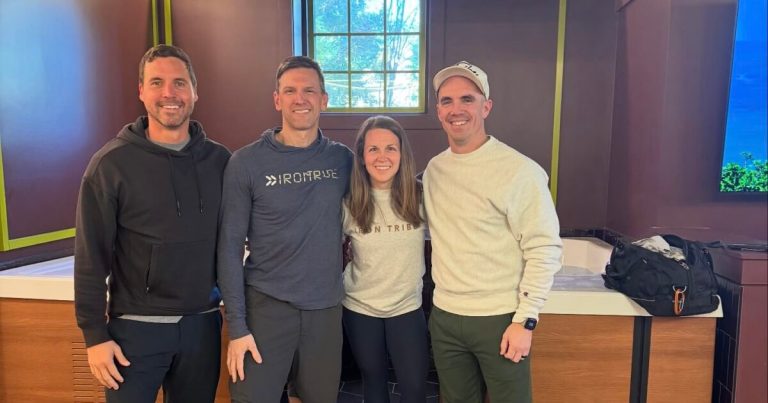An innovative drug trial for brain cancer begins at UAB
Reading time: 4 minutes

As residents of Birmingham, we know that our city boasts an amazing medical community that is changing lives every day. Most recently, it was announced that a drug trial is being conducted at UAB to treat a devastating form of cancer, glioblastoma. Learn more about it.
What is glioblastoma?

Per Incysus, the biotechnology company leading the drug trial, glioblastoma is a fast-growing brain tumor that accounts for approximately 52 percent of all primary brain tumors. Unfortunately, this type of cancer typically results in death within the first 15 months of diagnosis. It’s a very serious illness that is difficult to treat.
I experienced this firsthand when a family member who was very dear to me passed away from glioblastoma three months after her diagnosis. When I heard about the glioblastoma drug trial going on in Birmingham, I had to learn more.
New Hope for Glioblastoma Patients and Their Families
Treatment for patients newly diagnosed with glioblastoma varies based on the size and location of the tumor, but historically it’s been comprised of surgery, radiation and chemotherapy. The new drug trial happening at UAB is focused on a different type of therapy, Drug Resistant Immunotherapy (DRI)—specifically, gamma-delta (γδ) T cell immunotherapy. (See the next section for what in the world gamma-delta (γδ) T cell immunotherapy means).
What’s gamma-delta (γδ) T cell immunotherapy?

I know that name sounds daunting, but here’s more about gamma-delta (γδ) T cell immunotherapy and how it works:
You might be thinking, why not stick with chemo for treatment? It’s cancer, after all. But the issue with chemotherapy in the treatment of glioblastoma is that it kills not only cancer cells, but also the white blood cells that protect our bodies from infection and disease—and most importantly, recurrence of cancer.
One group of white blood cells, gamma-delta (γδ) T cells, are known to help the body fight off cancer. Incysus’s Drug Resistant Immunotherapy (DRI) technology uses modified γδ T cells that are resistant to chemotherapy, allowing for the targeted killing of only the cancer cells during treatment. Sounds promising!
In the study at UAB, these modified γδ T cells will be introduced to patients as they receive chemotherapy. The study will measure the safety and effectiveness of the new DRI technology over a period of time.
How many participants will there be?

According to Dr. Lawrence Lamb, scientific co-founder and chief scientific officer at Incysus (and inventor of the DRI technology!), six patients must complete the study with a potential option to add three more. After a safety analysis, the study will continue for a larger group of patients.
Who is eligible to participate?
Newly diagnosed glioblastoma patients—those that have a first primary brain tumor diagnosis—are eligible to participate. A new brain tumor patient must be consented and enrolled before the brain tumor is removed.
Patients do not have to be Birmingham residents to participate.
When will results be available?

Initial safety data will be assessed with each patient that enrolls, and patients will be analyzed in groups of three.
“At the expected rate of enrollment, preliminary safety evaluation of the first three patients that receive one dose can occur in about five to six months.
The second group that receives three doses should be evaluable in 10 to 11 months.”
Dr. Lawrence Lamb, co-founder and chief scientific officer, Incysus
Learn More About the Study
It’s great to see progress being made on glioblastoma treatment right here at UAB. If you’d like to learn more about the study and enrollment, contact the research staff here.
“It’s exciting to have Incysus here in Birmingham. Their novel approach to fighting cancer is at the forefront of new therapies and conducting this trial at UAB emphasizes the connection between the company, the University and Birmingham.”
Jon Nugent, vice president, Birmingham Business Alliance


 11447 views
11447 views
